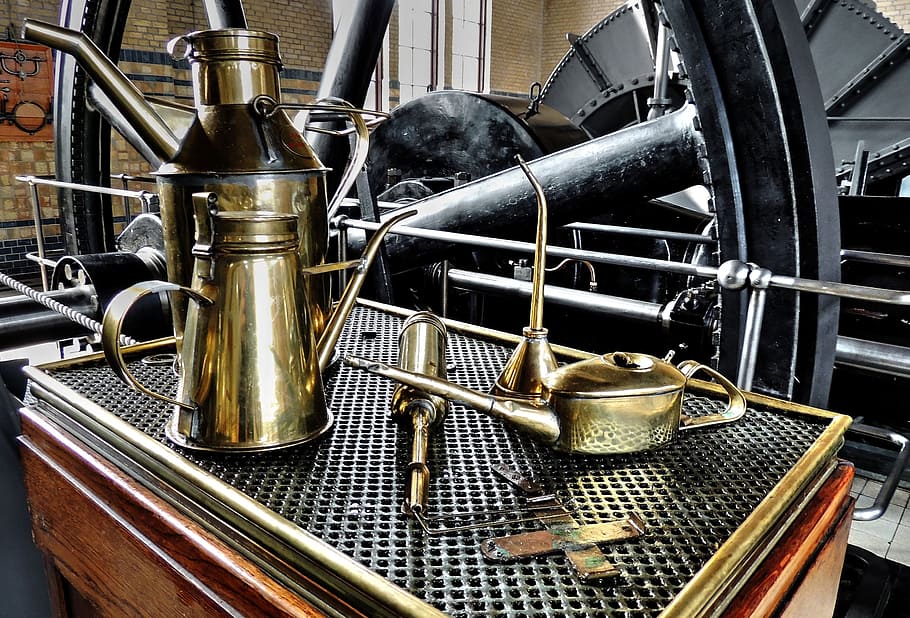Metals are solid, naturally occurring elements known for their strength, malleability, conductivity, and reflective properties. They’re used extensively in industries ranging from construction to electronics and are integral to many of the products and infrastructure around us.
Metal
Metal known for its distinct physical properties, including high electrical and thermal conductivity and strength.
We provide a more personalized experience tailored to each client's unique needs.

Service
Let know more about Metal
Types of Metals
- Ferrous Metals: These contain iron and are typically magnetic and prone to rusting. Examples include steel, cast iron, and wrought iron. They’re commonly used in construction, automotive, and manufacturing.
- Non-Ferrous Metals: These do not contain iron, making them generally more resistant to rust and corrosion. Examples include aluminum, copper, brass, silver, and gold. Non-ferrous metals are valued for their conductivity, lightweight properties, and resistance to rust, making them ideal for electrical components, aircraft, and fine jewelry.
Types of Industrial Metals
- Copper: Known for its excellent conductivity, copper is widely used in electrical wiring, plumbing, and electronics.
- Aluminum: Lightweight and resistant to corrosion, aluminum is used in industries ranging from aviation to packaging.
- Nickel: Often alloyed with other metals for added strength and resistance to corrosion, nickel is used in stainless steel production, batteries, and aerospace components.
- Steel: An alloy of iron and carbon, steel is one of the most widely used metals globally, finding applications in everything from construction to appliances.
Uses and Applications
- Construction and Infrastructure: Steel and iron are foundational for buildings, bridges, and transportation infrastructure.
- Technology and Electronics: Metals like copper, gold, and aluminum are crucial for wiring, circuitry, and electronic devices.
- Medical and Health: Metals such as titanium are used for implants and prosthetics due to their biocompatibility and strength.
- Aerospace and Defense: Lightweight metals like aluminum and titanium are essential for aircraft and spacecraft components.
- Automotive: Metals are extensively used in car bodies, engines, and batteries, with a push toward lighter alloys to improve fuel efficiency.
Metals play a critical role in modern civilization, contributing to technological advancement, economic growth, and various aspects of daily life.